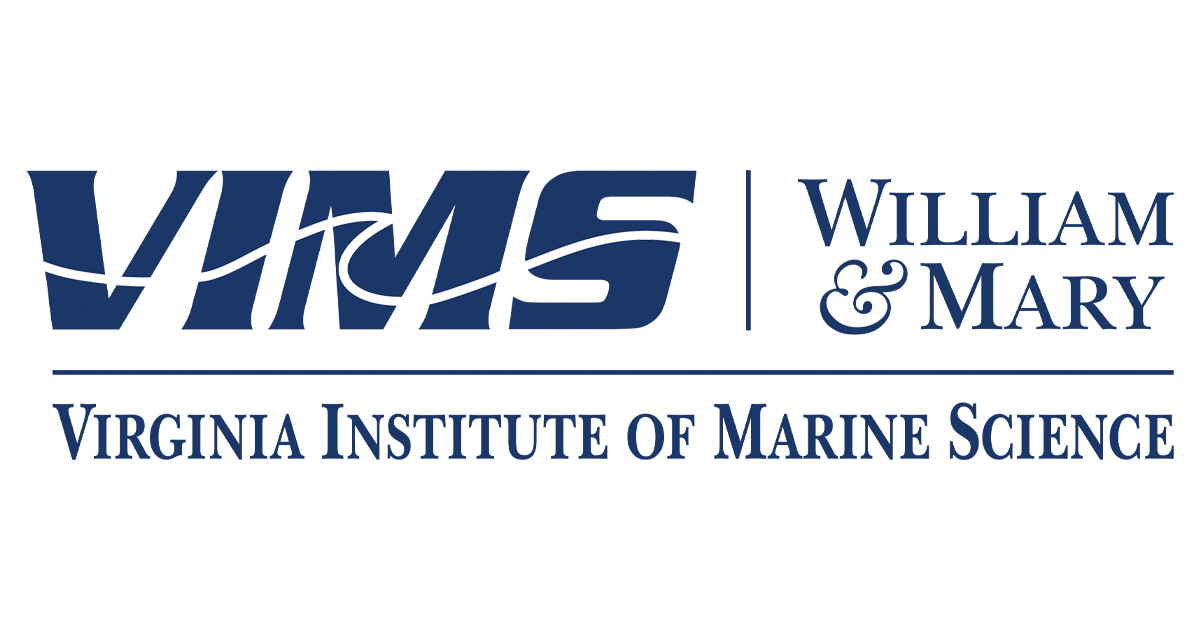The Coastal & Polar Physical Oceanography (C2PO) Lab at VIMS conducts oceanographic research, education, operations, and technology developments. The lab’s research areas include ocean circulation, dynamics, energetics, climate change, autonomous systems, and ocean observing technologies.
Position Summary
Physical Sciences, in Dr Donglai’s laboratories seeks highly motivated applicant to apply for the critical role as a Marine Scientist.
The Marine Scientist will serve as the technology and operational expert for the Coastal and Polar Physical Oceanography (C2PO) Lab and the Laboratory for Ocean Sensing at the Virginia Institute of Marine Science (VIMS), both labs are led by Dr. Donglai Gong. The position will coordinate efforts and work with other VIMS staff and/or students to conduct oceanographic operations and research in observational oceanography and marine engineering.
Reporting to the Associate Professor, the Marine Scientist will represent the C2PO lab and serve as a technical expert in collaborative teams and be able to independently conduct field efforts during research cruises.
Core responsibilities include (but not limited to):
- Prepares field instruments for deployment (e.g., assemble, programming, calibration, testing, debugging, deploy), conduct instruments’ recovery and refurbishment (e.g. recovery, disassemble, data downloading, cleaning, data inspection).
- Conducts operation of fixed, autonomous, and remotely operated platforms such as gliders, moorings, drifters, floats, and/or drones. (This may include managing logistics, conduct piloting, provide tech support, bridging communication between groups, perform shipping and receiving of instruments and supplies). Develops best practices and procedures for oceanographic platforms and instrumentations including but not limited to gliders, drones, and ROVs. Manages maintenance and servicing of different oceanographic platforms and sensors.
- Initiates and handles shipping and receiving of oceanographic instruments and supplies. Manages and maintains lab in good order and order supplies for the lab as needed
- Directs and assists other lab members when necessary. Partners with other lab personnel and external collaborators to conduct research activities and engineering experiments in the laboratory, in the field locally, and at remote locations outside of Virginia. Participates in and assist with lab outreach and education efforts. Assists with general lab activities not explicitly mentioned.
- Ensures quality control and assurance measures are in place to provide high quality data for individual projects and across projects. Manages storage and sharing of data. Analyzes scientific and engineering data. Prepares technical reports and manuscripts for publications.
Education/License:
- Bachelor's degree in physics, engineering, marine science, or closely related field.
- Completed upper undergraduate courses in mathematics, physics, engineering & or design.
- Valid Driver's license for driving VIMS-W&M vehicle
- Valid Passport for international travel
- TWIC card for accessing secure port facilities
Competencies:
- Strong technical background in a marine science related field, with the ability to learn new software for glider and drone operations; and develop new software & hardware tools for glider and drone data processing.
- Demonstrated knowledge in observational oceanography and physical oceanography, and knowledge of oceanographic research instruments with the demonstrated ability to prepare, operate, and maintain oceanographic instrumentations following best practices and procedures. Working knowledge of oceanographic research instruments with the demonstrated ability to prepare, operate, and maintain oceanographic instrumentations following best practices and procedures.
- Knowledge of additive engineering including effective usage of 3D design software such as Fusion 360 and demonstrated ability to use 3-D printing to make engineering components. Familiarity working with underwater glider datasets from systems such as Teledyne Slocum and ALSEAMAR SeaExplorer.
- Strong problem solving skills, with the ability to independently problem solve and resolve technical issues with different oceanographic platforms and sensors in a safe and timely fashion.
- Proficiency in a variety of software application to include MS Office, acOS, Linux and Windows operating systems, as well as google docs, Slack, and GitHub. Strong programming skills with the ability to use Matlab, Python, Julia or similar software.
- Strong analytical and technical writing skills, with the ability to contribute to reports and manuscripts. Strong analytical skills and technical writing skills with the demonstrated ability to independently process and interpret data and prepare technical reports and manuscripts.
- Excellent attention to detail, with strong organizational skills and the ability to manage multiple priorities in a fast-paced environment. Effective oral and written communication skills with the ability to work effectively with others as a cohesive team player. Ability to function independently in field programs without direct supervision.
- Ability to work on boats of different sizes with the ability to handle bulky and/or sensitive scientific instruments under challenging conditions while at sea.
- Ability to work in adverse weather conditions, while successfully performing all responsibilities and work on research vessels of different sizes for extended duration.
- Ability to lift instruments upto 40 lbs at times during deployment/recovery/and lab testing.
Experience:
- Demonstrated experience in observational oceanography and physical oceanography, with experience working and collaborating with teams of people in conducting field efforts in observational oceanography.
- Experience working with Teledyne Slocum gliders and ALSEAMAR SeaExplorer gliders.
- Experience working with Autonomous Underwater Vehicles, underwater moorings, shipboard operations (i.e. instrument deployment & recovery), satellite communication, and electronics.
- Experience in conducting vessel-based research activities such as hydrography, mooring, acoustic experiments, deployment/recovery of ocean gliders from vessels of different sizes using different techniques. Demonstrated experience working in a collaborative team setting while conducting research and operations in observational oceanography.
- Experience with oceanographic data processing and data visualization. Advanced data analyses. Experience contributing to manuscripts.





